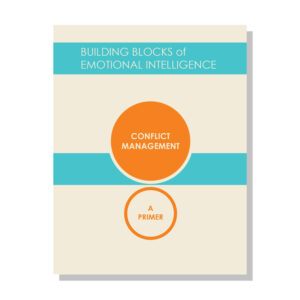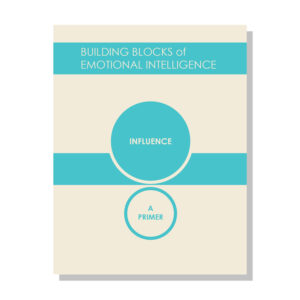How to Cultivate Your Own Creative Career
September 18, 2015 Time to read: 2 min.More and more people whose likelihood depends on being creative and innovative continually are working for themselves. They’re freelancers, they’re consultants, they’re independent. But many can spend much of their time doing anything but creative work: drumming up new prospects, carving out time for administrative work, or getting up to speed on new projects. Freelancers also lack resources that their colleagues with traditional jobs may take for granted: team support, project managers, tech assistance, or training opportunities, to name a few.
Daniel Goleman spoke with Teresa Amabile in his Leadership: A Master Class video series about practical ways to cultivate your own successful creative career.
Skill Development
Pay attention to your skill development. Keeping your skills sharp is an important piece of creativity. Learning new things in your own area of expertise as well as outside of your strengths can spark new associations that lead to fresh ideas.
Get a Different Perspective
Engage with people who have different perspectives, or who come from different fields. That’s going to fertilize your creative thinking. Working with people who see things differently can also sharpen your problem solving skills by seeing new perspectives on challenges or tasks, forcing yourself to break out of mental habits.
Stay Motivated
Pay attention to your motivation. Try to feel excited about what you’re doing. If you find that your work is getting stale, look for new projects, new people to work with, or new things to do.
Small Wins
Focus on your daily progress. It’s easy to feel like you’re falling behind on our to-do list given a typical freelancer’s workload. That’s why it’s important to keep sight on your accomplishments – no matter how small they may seem. Keep a daily diary. Take two or three minutes at the end of the day to jot down what things you actually got done that day that moved things forward for you in projects that you care about. Maybe it’s something that you didn’t plan on getting done that day. But if it’s meaningful, if you can see your way learning, getting somewhere, doing something that matters to you or to people that you care about, keep track of it. Look back on your record of the progress that you’ve made and the enjoyment that you found in your work.
Become Aware of Obstacles
Take note of obstacles you encounter. Include mental blocks or moods. Find ways of overcoming them. Make a plan for the next day to build on the progress that you experienced the day before to refocus on your goals.
Learn More
Maximize your creative potential with proven-effective practices by Teresa Amabile, director of research in the Entrepreneurial Management Unit at Harvard Business School. Her insights are available in the following resources:
The Executive Edge: An Insider’s Guide to Outstanding Leadership examines the best practices of top-performing executives. It offers practical guidance for developing the distinguishing competencies that make a leader outstanding.
Leadership: A Master Class Training Guide offers more than nine hours of research findings, case studies and valuable industry expertise through in-depth interviews with respected leaders in executive management, leadership development, organizational research, workplace psychology, innovation, negotiation and senior hiring. Each module in the guide offers individual and group exercises, self-assessments, discussion guides, review of major points, and key actionable takeaway plans.
Create to Innovate details the latest research behind creativity and innovation and how leaders can drive these critical factors in any organization by creating and growing positive inner work lives for employees.







